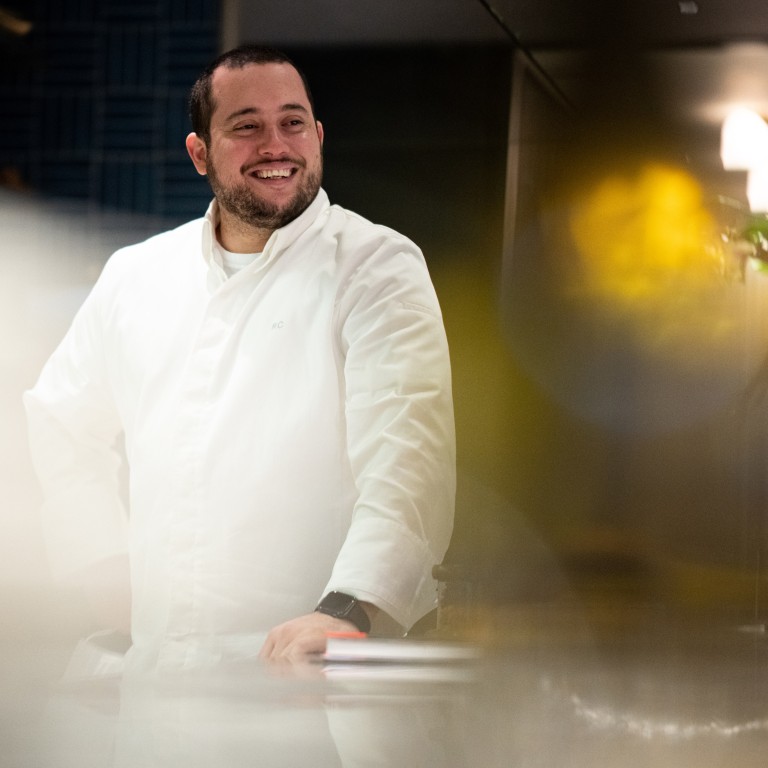
How Mono is championing eco-conscious dining in Hong Kong: Ricardo Chaneton’s Latin-American restaurant in Central is 100 Top Tables’ Sustainability Hero award winner for 2023
- Chef Chaneton’s journey started at three-Michelin-starred Mirazur in France; now his initiatives include receipts printed on recycled paper and presented in seed envelopes that can be planted
- Mono donates to Zero Foodprint Asia to provide grants to farmers and has partnered with Future Green, which conducts sustainability assessments for restaurants
The recipient of the Sustainability Hero award for 2023 in 100 Top Tables, South China Morning Post’s annual fine dining guide for Hong Kong and Macau, Mono is a Latin-American restaurant located in the heart of Central. Under his guidance, the Michelin-starred establishment is viewing the world of fine dining through a green lens.
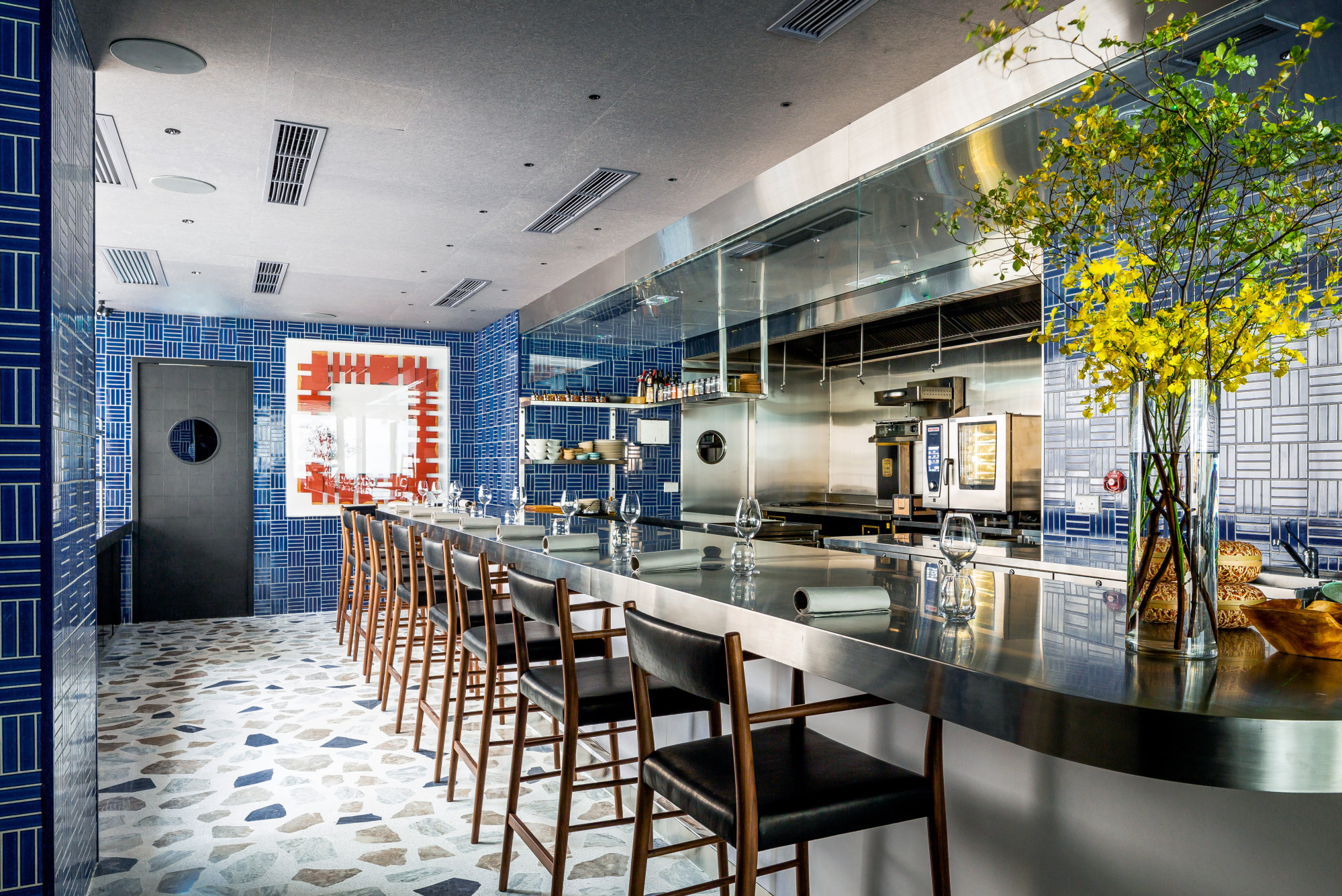
Chaneton has long gravitated towards sustainability, but it was his experiences at three-Michelin-starred Mirazur in France that saw him marry his culinary ethos with environmentally sensitive principles.
Talking to the Post, he recalled his duties in the kitchen garden as a chef de partie, picking the daily herbs and vegetables. “Mirazur connected me with the gardens, farms and fishermen and the starting point of the best produce in the world,” he said. “It also taught me about seasonality and respecting ingredients.”
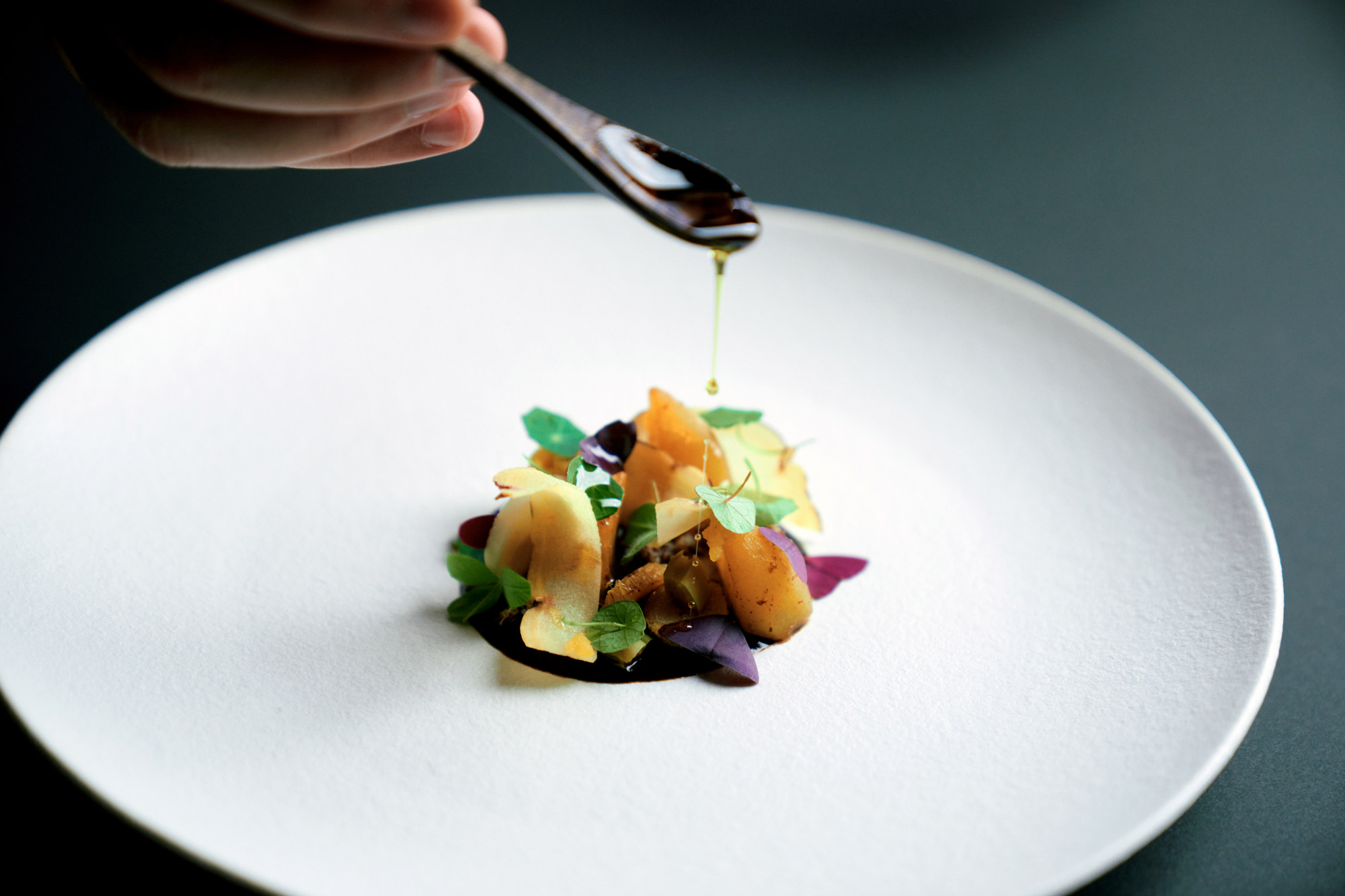
Chaneton has held onto this connection. “For me, cooking sustainably starts with knowing where your produce comes from and working with products that are ethically sourced.” For the chef, this means ensuring his partners share his values. “That’s the basic standard I set for our cuisine at Mono.”
How Macau’s dining scene is bouncing back in 2023 with exciting new openings
He sources ingredients locally wherever possible, though in instances where Hong Kong’s climate or ingredient accessibility mean this is not possible, produce is sourced from trusted partners in Latin America and across Asia.
“We source our ingredients from ethical and responsible farms who share our values. We use only organic, free-range eggs, and responsibly sourced seafood from a trusted supplier; we work with local farms […] and we try to avoid waste, using all parts of the raw ingredient where possible,” Chaneton said.
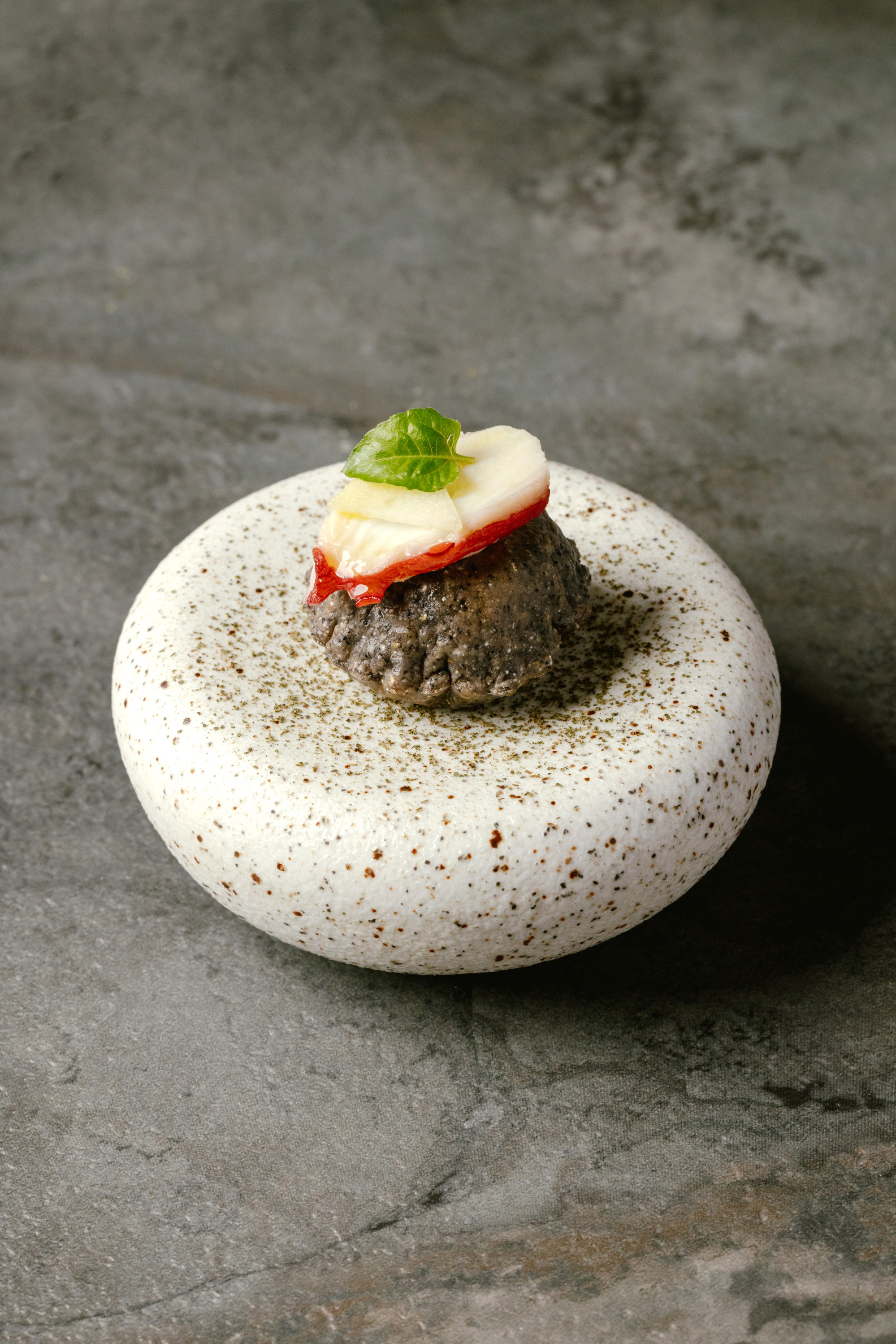
Mono was one of the first restaurants in all of Asia to partner with Zero Foodprint (now Zero Foodprint Asia). One per cent of the proceeds from every reservation goes to the organisation, which in turn “provides grants directly to farmers for healthy soil projects”, Chaneton said.
In addition, Mono has partnered with Future Green, a leading food sustainability programme that conducts sustainability assessments for restaurants and provides eco-focused education initiatives.
Beyond sustainability: why luxury brands are embracing second-hand sales
But it’s not just the food that abides by environmentally friendly principles. Everything from the recycled linen-panelled walls to energy-saving light bulbs to a water filtration system – which allows the restaurant to create its own bottled water – has been consciously sourced, enthused Chaneton.
“We believe that sustainability is a way of thinking rather than a one-off action, it’s a philosophy that everyone in your restaurant has to be on the same page on and apply in the restaurant every day,” Chaneton said. Encouraging a sustainable mindset even after guests have left, Chaneton explains that receipts are printed on recycled paper “and presented to the guests in seed envelopes that can be planted into the soil to encourage a greener life”.
For me, cooking sustainably starts with knowing where your produce comes from and working with products that are ethically sourced
That’s not to say that an eco-conscious approach was without its challenges. East Asia has lagged behind its European and North American counterparts, according to Chaneton. And despite a shift in sustainable policies and increasing governmental and legislative support, “there is still a lack of measures in place at an institutional level to help drive sustainability on a larger scale and make it more affordable”, he said.
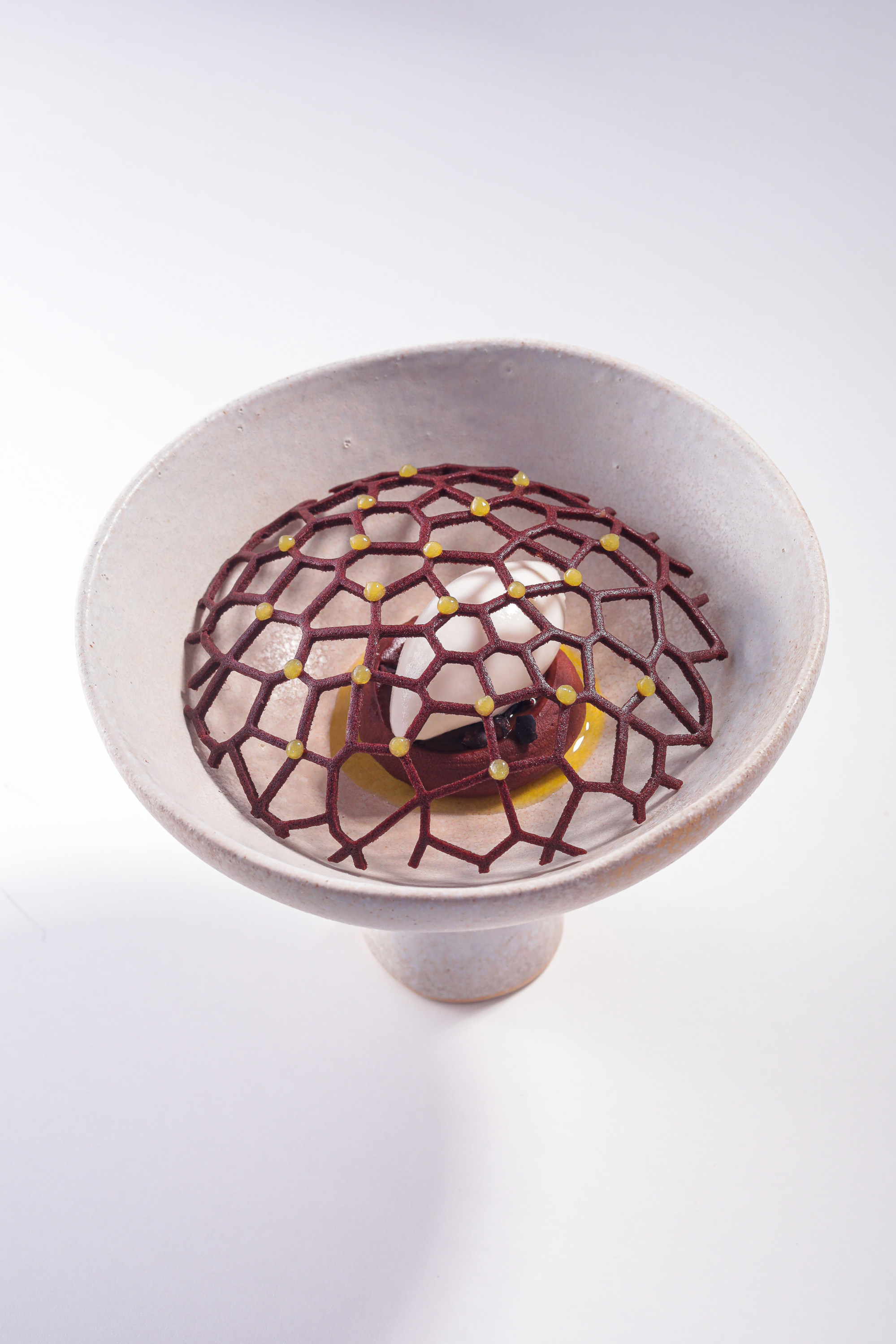
For Chaneton, the prospect of a sustainable future benefits in no small measure from having trusted partners with collective ambition. “We are lucky to be connected to local suppliers, local fishermen and egg farms who have a sustainable system in place,” he said. “It is very important for us to find organisations that share our values and connect us to like-minded people.”
How Thailand’s Maya Bay is balancing tourism with sustainability
Chef Chaneton has set his sights on continuing to implement and improve Mono’s environmentally focused ethos and, by extension, the greater Hong Kong dining scene. He even mentioned long-term ambitions of becoming a carbon-neutral operation. “Personally, I hope to leave the world in a better state than when I entered it, for my children and all future generations.”

